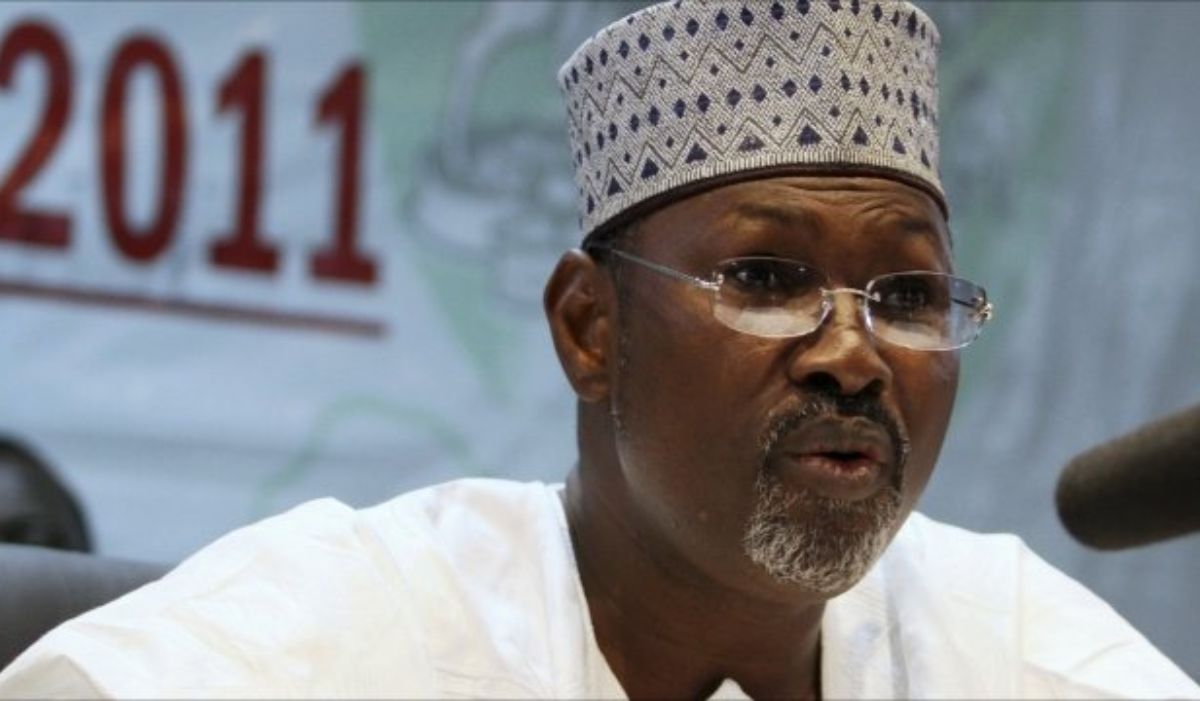Jega Calls for Overhaul to Restore Credibility in Nigeria’s Elections

Former Independent National Electoral Commission (INEC) Chairman, Professor Attahiru Jega, has called for comprehensive electoral reforms to address persistent challenges undermining the credibility of Nigeria’s elections.
Speaking at The Platform Africa event organised by The Covenant Nation on June 12, Jega highlighted ongoing issues plaguing both federal and state electoral commissions despite previous reform efforts.
“The Independent National Electoral Commission and the State Independent Electoral Commissions, which prepare for and conduct elections at the federal and state levels, respectively, are persistently bedeviled by many challenges which, in spite of strenuous reform efforts to address them, continue to undermine and over-question the integrity and credibility of elections,” Jega stated.
The former INEC chief emphasised the urgent need for increased technological adoption in elections, particularly advocating for the mandatory electronic transmission of results. He specifically called for improvements to the Electoral Act 2022, noting:
“There is also the need to improve upon the provisions of the Electoral Act 2022 to make electronic transmission of results mandatory.”
However, Jega stressed that technology implementation must be transparent and inclusive:
“There is need to ensure transparent testing of electoral technologies because a lot of the lack of public trust relates to the haphazard manner in which they were introduced, without popular participation in the testing of this equipment before they are deployed to the field,” he explained.
He emphasised the importance of public participation:
“It is very, very important that there is a transparent process of civil engagement in testing this equipment before they are deployed.”
Jega also highlighted the need to clarify ambiguous provisions in the current electoral law, particularly regarding electronic result transmission:
“There is a need to clarify ambiguities pertaining to the provision in the Electoral Act 2022 regarding electronic transmission of results,” he said, specifically pointing to Section 64’s unclear provisions about comparing physical and electronic results.
A significant portion of Jega’s recommendations focused on reducing presidential influence in electoral appointments. He called for a review of:
“The appointment process for INEC chairmen, national commissioners, and resident electoral commissioners in order to remove, or at least minimise, executive and presidential influence and interference in the electoral process.”
Drawing from his personal experience as INEC chairman, Jega revealed challenges with politically appointed officials:
“I can tell you, when I was in INEC, there were some resident electoral commissioners who were appointed by Mr. President, just as I was appointed by Mr. President. And they therefore felt that they were not accountable to the commission or to the chairman.”
Jega acknowledged that while presidential appointees don’t necessarily serve their appointers’ interests, public perception remains a critical issue:
“It is not necessarily so that persons appointed by the president may turn around and do the bidding of those who appointed them. But the perception in Nigeria is so deep even now that whoever appoints is likely to manipulate,” he observed.
His solution involves creating transparent appointment processes and ensuring INEC has greater autonomy:
“So we need to avoid even that perception by having a very transparent process of appointing people who are impartial, who are non-partisan, and who can withstand the pressure and the inducements from our very reckless politicians.”
The professor advocated for Nigeria to learn from other African countries with more transparent electoral commission appointment processes, suggesting such reforms would produce:
“More independent, more credible people whose integrity will be brought in.”
He also recommended giving INEC full authority over lower-level appointments:
“Once you do that, then you allow the commission to appoint lower-level officials and to fire them. Give them the power to hire and fire.”
During his speech, Jega paid tribute to the late Justice Muhammad Uwais, former Chief Justice of the Federation, who died the previous Friday. He praised the Electoral Reform Commission report, chaired by the late justice, which contained:
“Very good recommendations” for minimising political interference in INEC appointments.
Professor Jega’s comprehensive reform agenda reflects ongoing concerns about Nigeria’s electoral integrity and the need for systematic changes to restore public confidence in the democratic process. His recommendations span technological improvements, legal clarifications, and institutional reforms aimed at strengthening electoral independence.




